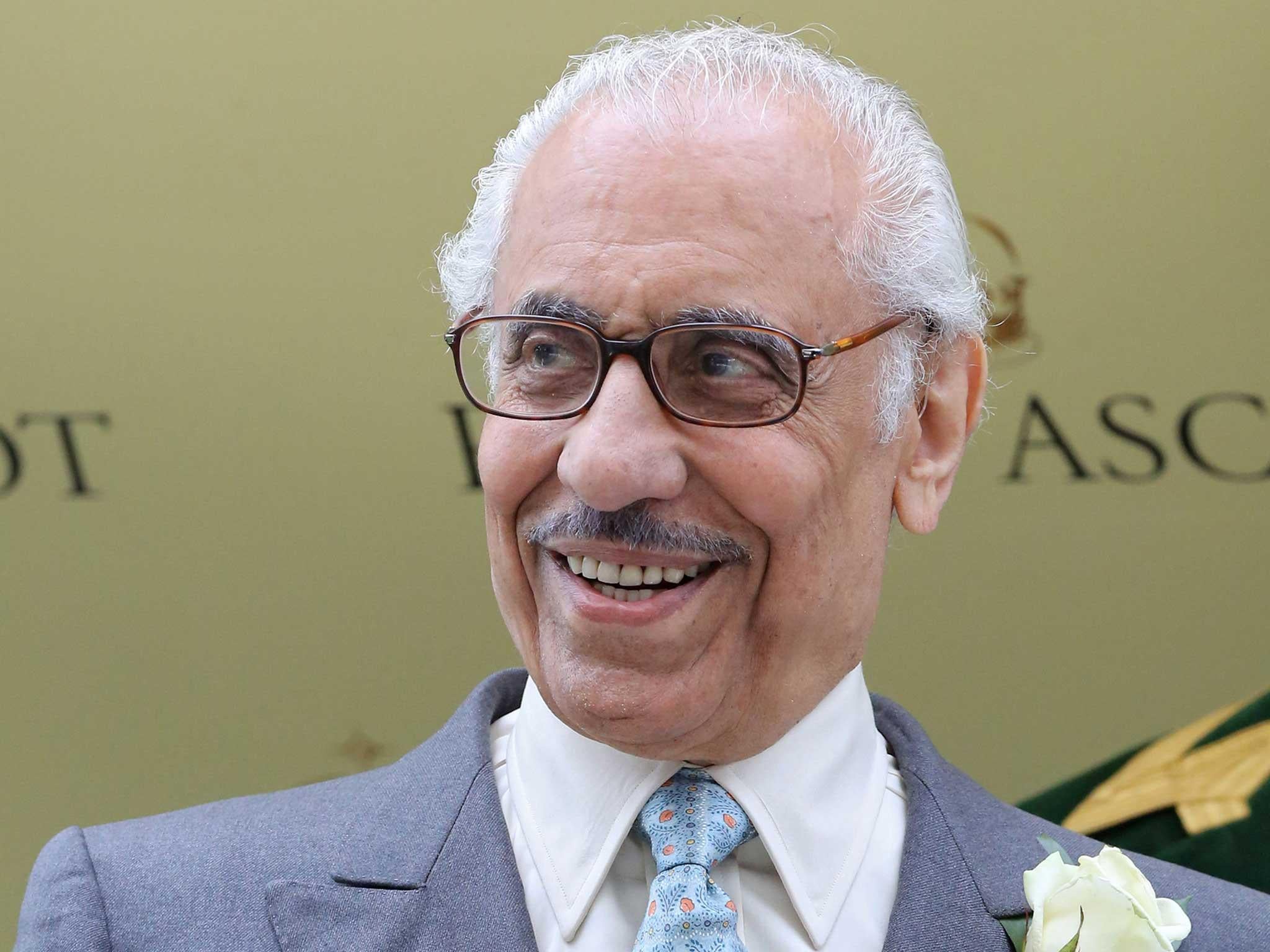Saudi Arabian billionaire Khalid Abdullah al-Saud handed £400,000 by taxpayers every year
European Union farm subsidies hand thousands to many of the UK’s richest landowners

Your support helps us to tell the story
From reproductive rights to climate change to Big Tech, The Independent is on the ground when the story is developing. Whether it's investigating the financials of Elon Musk's pro-Trump PAC or producing our latest documentary, 'The A Word', which shines a light on the American women fighting for reproductive rights, we know how important it is to parse out the facts from the messaging.
At such a critical moment in US history, we need reporters on the ground. Your donation allows us to keep sending journalists to speak to both sides of the story.
The Independent is trusted by Americans across the entire political spectrum. And unlike many other quality news outlets, we choose not to lock Americans out of our reporting and analysis with paywalls. We believe quality journalism should be available to everyone, paid for by those who can afford it.
Your support makes all the difference.A Saudi Arabian billionaire is among those handed hundreds of thousands of pounds every year in farm subsidies at the expense of taxpayers.
Khalid Abdullah al-Saud, who owns the champion racehorse Frankel, receives over £400,000 a year through Juddmonte Limited Farms, and is among the top 100 recipients of European Union farming subsidies in Britain.
Other major beneficiaries include the Queen, the Duke of Westminster, the National Trust and the RSPB.
The largest recipient on the list is Frank Smart, whose Aberdeenshire farm saw him receive a total payment of £2,963,732.77. “I don't want to discuss any part of my business with the media, thank you," he has said.
Following the vote to leave the EU, the Government has pledged to cover the billions required to maintain the system after Brexit.
Greenpeace, which published the revelations as part of an investigation into agricultural subsidies, branded the payments to billionaires “an outrage”. Hannah Martin of Greenpeace said: “We cannot continue with a broken system which sends public subsidies into billionaires’ bank accounts. The British Government has never had a better opportunity to reshape our farming sector for the common good.”
The organisation’s chief scientist added: “The subsidy system is utterly broken. We need public money spent on farming to be offering demonstrable public benefits.”
But a spokesman for Buckingham Palace said: “Subsidies are open to all farmers, and are received on the Queen's private estate. We would not comment beyond the detail that is already in the public domain.”
The identities of many of the largest recipients of EU farm subsidies are hidden through the use of offshore trusts.
Prince al-Saud’s Juddmonte Farm near Reading is owned through an offshore holding company in Guernsey, and paid no corporation tax in 2015 despite profits of £8.7m, due to trading losses in previous years, Greenpeace’s Energy Desk website reports. Three other firms in the top 100 also use complex ownership structures in Jersey which conceal their owners’ identities.
Subsidies for farming have been in place since the end of the Second World War, but eventually led to the overproduction of food. The existing system is now based on the amount of land farmers own.
A spokesperson for Prince al-Saud's Juddmonte farm said: “We have not issued a statement and have no further comment to make."
The National Farmers' Union (NFU) notes that the average farm support payment across all farms is £16,000.
In a statement, NFU director of policy Andrew Clark said: “What we must remember, in the context of these sorts of reports, is that the average support payment for a dairy farmer, for example, is £25,000 a year while the average monthly running cost of a dairy farm is £40,000 - without taking wages. These farm businesses have roots that run through the rural community and their contribution is significant on both a local and national scale when it comes to the economy.
“The NFU is currently carrying out its largest consultation ever with members to ask them, post Brexit, what Britain’s farming and food production needs in the future.”
Join our commenting forum
Join thought-provoking conversations, follow other Independent readers and see their replies
Comments